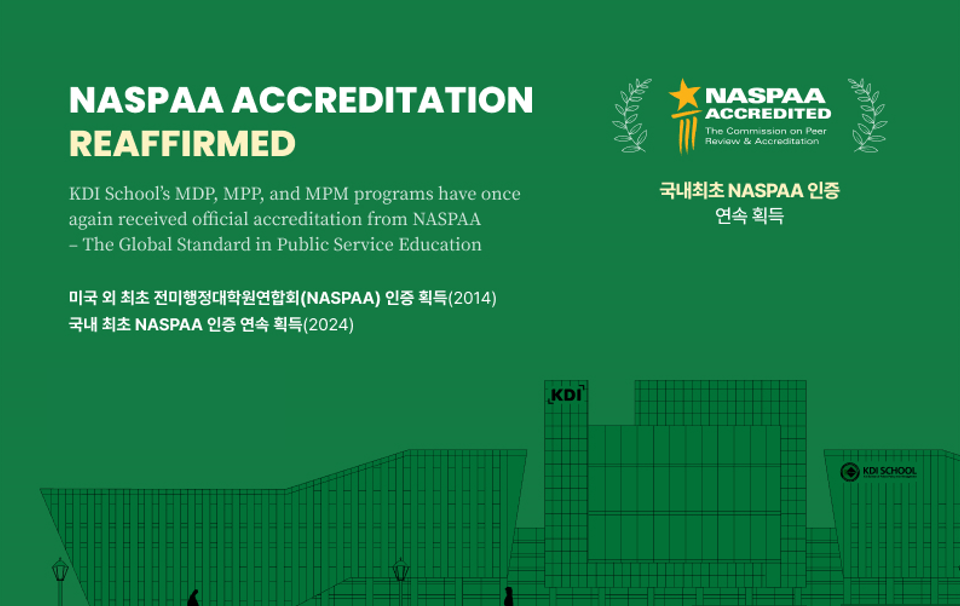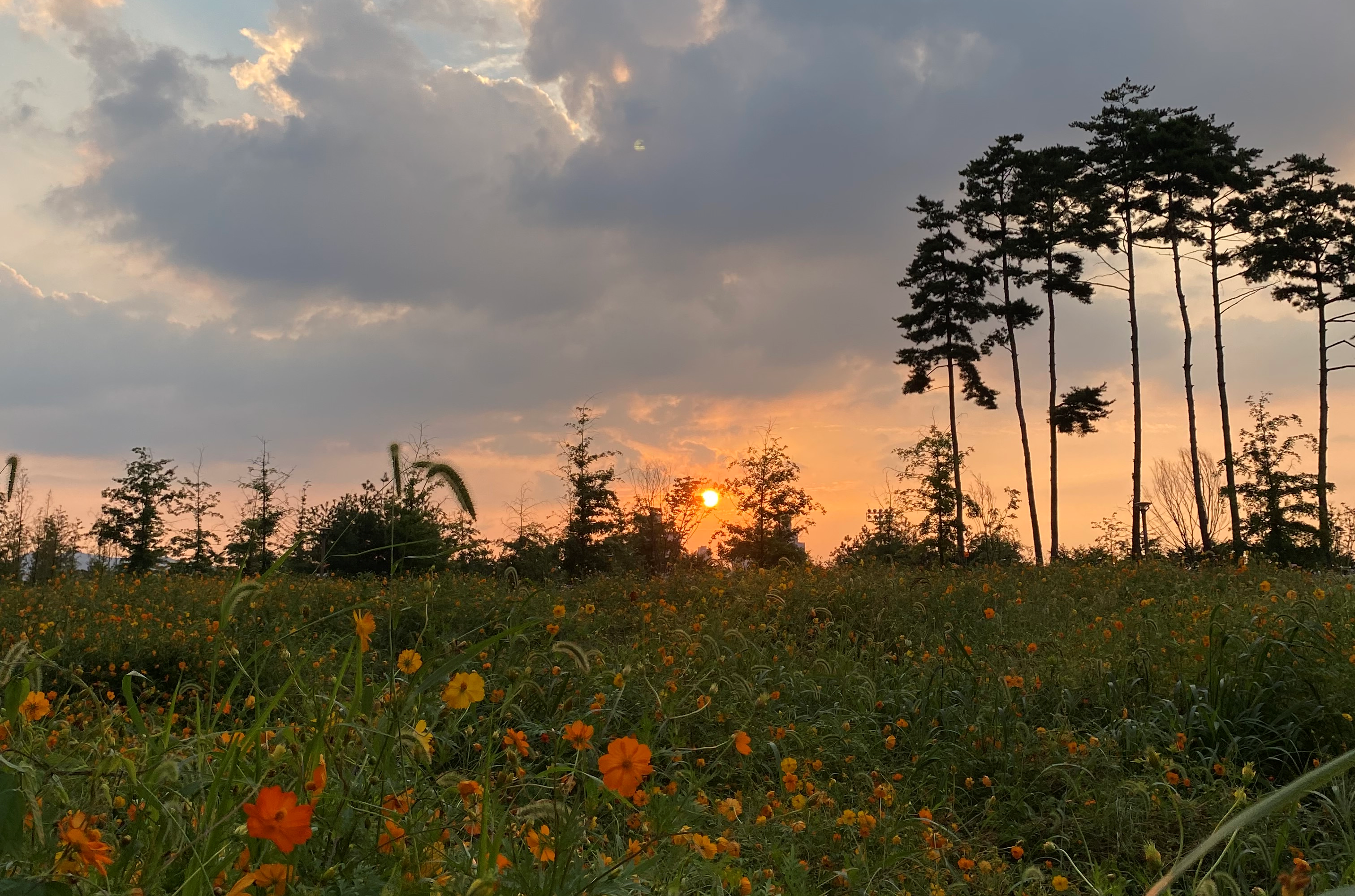
Empowering Change: A Journey through Local Government Management at KDI School (Abdihakim Omar Osman, 2023 MPM)
- Date 2023-11-29 11:04
- CategoryStory
- Hit2158
The Fall Semester at KDI School is wrapping up its final week, with some professors having finished their course schedules. In this blog post, I intend to pen a reflection on the recently concluded Local Government Management course (LGM), which ended last Friday. LGM was one of the concentration courses I enrolled in this fall semester.

Initially, my decision to enroll in this course stemmed from the compelling course information that promised to enhance students' understanding of fundamental theories, concepts, ideas, and issues in local government management. The choice was further influenced by my background: Somalia, where prolonged civil war has resulted in extensive damage to both physical and social infrastructure. The devastation includes roads, hospitals, schools, ports, police stations, and government centers. The conflict has also disrupted traditional mechanisms for dialogue, eroded the concept of public goods, and severely diminished trust between communities and between citizens and the state. Given that the restoration of both physical and social infrastructure hinges on effective local governance, I aimed to acquire insights directly applicable to the challenges faced by local governments in my homeland.
The course spanned 12 weeks, covering crucial topics such as an introduction to Local Government Management, the Types and Authorities of LG, Service Delivery and Innovation, and LG from the perspective of citizens, including Citizen Participation, Trust, Bureaucratic Reputation, and the Co-production and Public Happiness Approach.
Throughout the course, I developed a particular interest in concepts such as Trust in government, Woodrow Wilson's Politics-Administration Dichotomy, New Public Management, New Public Service, and Arnstein's ladder of citizen participation framework. This framework categorizes levels of citizen involvement in governmental decision-making, and based on Arnstein's model, I believe that citizen participation in most local governments in Somalia aligns with the Non-participation Stage.
The course followed a seminar format, emphasizing active student participation. The professor provided necessary materials and discussion sources with mini lectures. A standout aspect was the group presentations and discussions, where each class involved a group delivering a 20-minute presentation on required reading materials, followed by a 30-minute class discussion based on those presentations. These sessions were instrumental in transforming theoretical concepts into practical insights, fostering an environment where every student's viewpoint enriched the collective learning experience. Through these exchanges, we not only absorbed the core content but also honed our critical thinking skills, creating a vibrant and collaborative atmosphere that truly distinguished the course.
Another noteworthy aspect for me was the Local Government Research Project. Each student had to undertake a research project focusing on a general-purpose local government. The purpose of this project was to provide students the opportunity to understand the institutional features of local government and examine emerging issues through the perspective of citizens. During this part, each student selected a local government from their respective countries, resulting in the presentation of 18 local governments. These included Tbilisi City in Georgia, Yangon City in Myanmar, Bansgadhi Municipality of Nepal, Jeonju City in South Korea, Resunga Municipality of Nepal, Naga City of the Philippines, Sejong Special Self-Governing City of South Korea, Cheongju City of South Korea, Sumenep Region of Indonesia, Delhi City of India, Seoul Metropolitan City of South Korea, Ha Noi city of Vietnam, Seo-gu Daejeon District Government of South Korea, Libreville City of Gabon, Douala City of Cameroon, Gakenke District of Rwanda, Garowe Local Government of Somalia, and Mogadishu Municipality of Somalia. The exploration of local governments from these diverse cities, spanning Tbilisi, Georgia, to Mogadishu, Somalia, provided an incredible and enriching learning experience for me.

Professor Minsung Michael Kang, holding a Ph.D. in Public Administration and Policy from the University at Albany—State University of New York, served as the lecturer for the course. His profound expertise in the field greatly enhanced our learning journey, offering valuable insights and perspectives that deepened our comprehension of local government management.
Throughout the semester, the course proved to be engaging. The research project provided me with the chance to apply the concepts, ideas, and theories discussed in class to the local governments in my country. Moreover, the course facilitated the opportunity to forge connections with individuals from around the world. Additionally, it enhanced my understanding, knowledge, and confidence in Local Government areas, further solidifying my commitment to making meaningful contributions to the enhancement of local governance in Somalia. I can confidently affirm that the course exceeded my expectations.
I express my gratitude to KDI School, Professor Minsung Michael Kang, and all my classmates. I anticipate that the knowledge and skills gained from the course will enable me to play an active role in the development of my community and country.
Related News
-
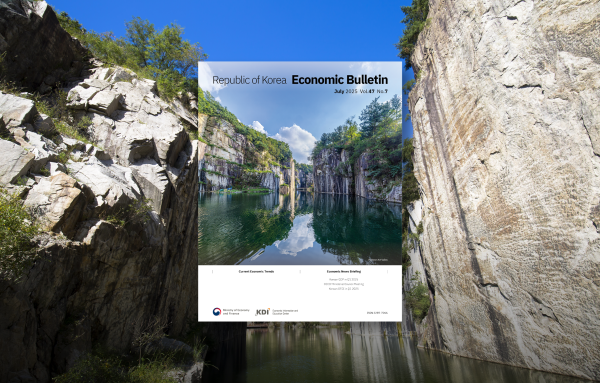
Research and Education6 days ago
Republic of Korea Economic Bulletin, July 2025#KDI #Economic #KDISCHOOL #kdischool #Economic Bulletin #Research
-
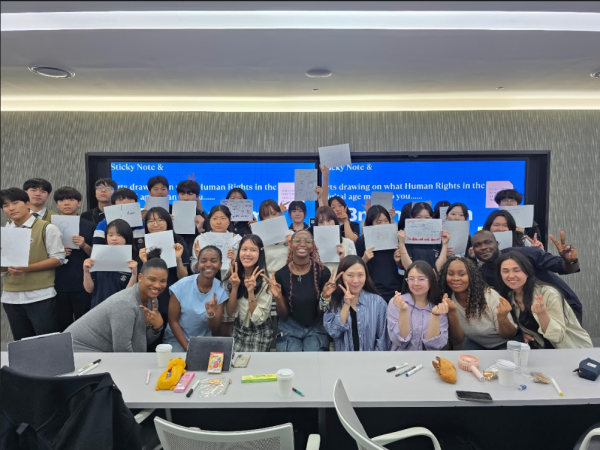
Story9 days ago
Summer 2025 Talent Donation Program: KDIS Forums Host Sejong High School Students#KDISCHOOL #KDIS #student #talent donation #student forums #student clubs
-
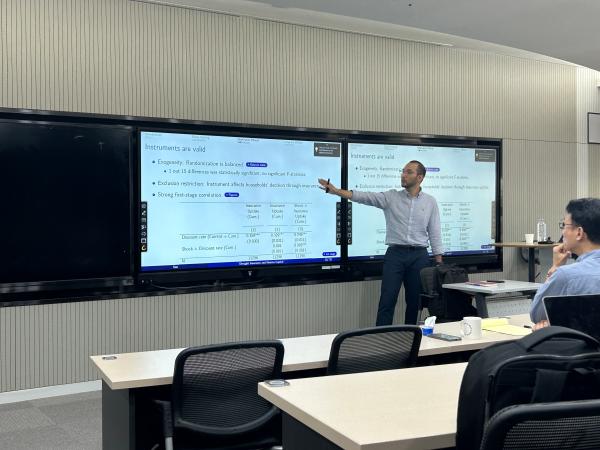
Research and Education10 days ago
Research Seminar by Hyuk Harry Son from Utrecht University

